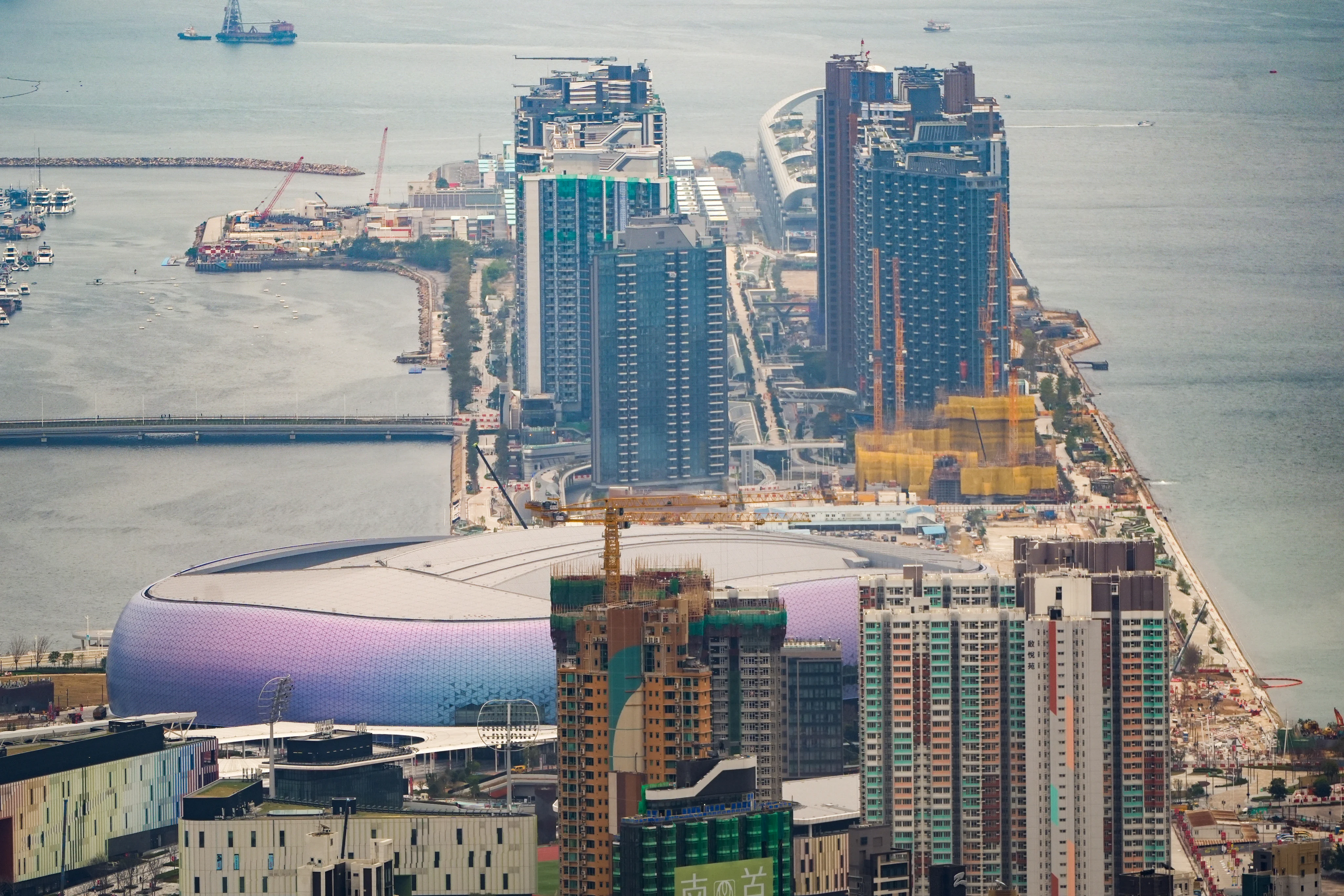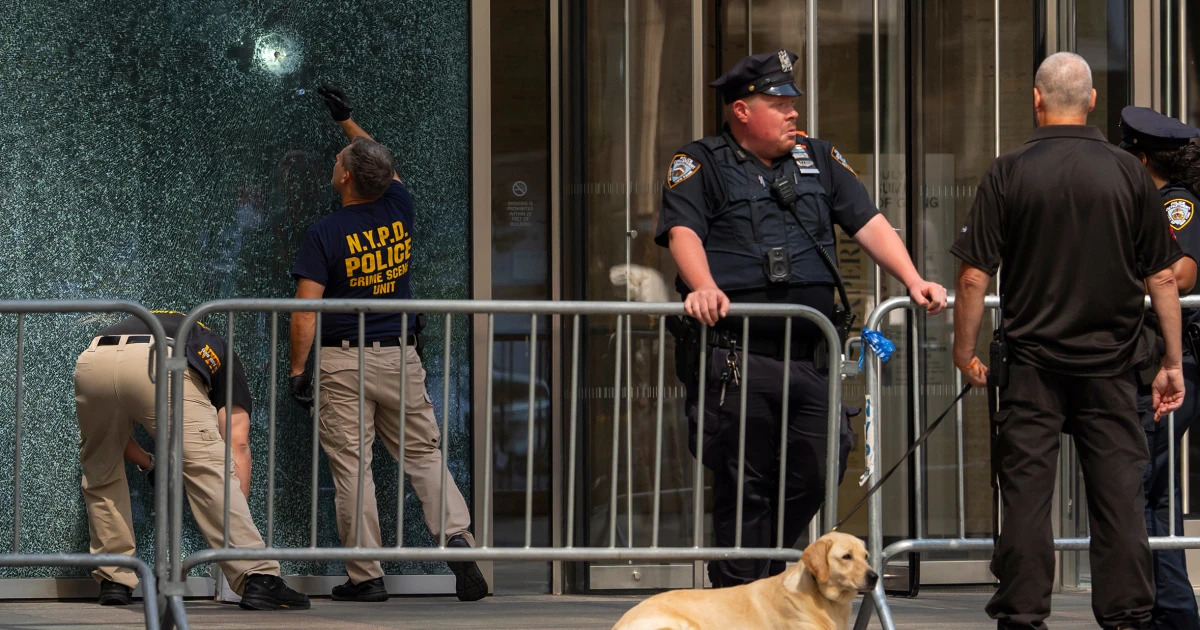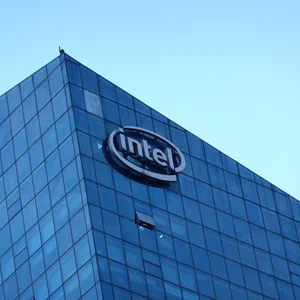By Cannix Yau
Copyright scmp

Successful bidders for four elevated mass transit projects in Hong Kong, including proposed infrastructure in Kai Tak, will be granted property development rights in the surrounding areas to help provide long-term funding support.
The Executive Council, the city’s key decision-making body, on Friday approved the granting of property development rights at nominal premiums for three sites in Kai Tak related to one of the projects through a coming open tender.
The project will be awarded next year and is expected to be completed in 2031.
A government spokesman said a similar approach would also be adopted for other smart mass transit projects in East Kowloon, Hung Shui Kiu/Ha Tsuen and Yuen Long South new development areas. A tender would be made next year, he added.
“With a strong determination to break new ground, we have been working resolutely to introduce [the system] into Hong Kong through a ‘dual innovation’ thinking on policy and technology,” the spokesman said.
The government has proposed building a 3.5km (2.2-mile) elevated smart mass transit system in Kai Tak, the site of the city’s former airport. It is expected to span six stations and have a 10-minute journey time.
The proposed system will connect Kai Tak Cruise Terminal to the Kai Tak MTR station with stops at Shing King Street, Kai Tak Sky Garden, Shing Fung Road Park and Kai Tak Sports Park, serving around 50,000 people.
Under the tender, the selected franchisee will be required to finance, design, construct, operate and maintain each new system.
The government said the tender could “enhance competition and bring in innovative thinking in the provision of public transport services”.
“The estimated profit from the operation of the system would normally not be able to cover the substantive capital investment, such as initial construction costs, etc,” the spokesman said.
“In this connection, we plan to provide funding support through a transit-oriented development (TOD) approach, where property development rights of TOD sites in the vicinity of the system would be granted to the franchisees for holistic planning and development.
“This approach could unleash the development potential of the concerned sites, achieve synergy of the transit systems and property development, and enhance the business case.”
The government also said it would fast-track development efforts using specially designed legislation to standardise the regulatory framework for the smart transit system franchises. The proposed bill will be introduced next year.
“It is anticipated that the new legislation could shorten the lead time and allow flexibility for the government to swiftly grasp the opportunities brought about by technological breakthroughs,” the spokesman said.
A set of streamlined building control procedures would be adopted, with a dedicated interdepartmental one-stop platform being set up to allow the franchisees and relevant departments to deliberate together on the design, construction and operation aspects at an early project stage, authorities said.
The move is expected to save the franchisees the trouble of going back and forth for various approvals.
Authorities said Kai Tak project bidders’ financial proposals would need to include a suggested fixed sum payable to the government for the grant of the project’s franchise and property development rights.
Chief Executive John Lee Ka-chiu revived the previously shelved project in his 2023 policy address after considering possible transport systems such as the “SkyShuttle”, “Autonomous Rail Rapid Transit” and “Bus Rapid Transit”.
The project is part of a possible mix of mass transit systems planned for the 320-hectare (791-acre) district.
Henry Cheung Nin-sang, chairman of the Association of Hong Kong Railway Transport Professionals, said the granting of property development rights was the best feasible option for pushing ahead with the projects.
“At the moment, the government is cash-strapped, while it is very difficult for the franchisee to seek private funding for the infrastructure project as the risks are high in the lacklustre capital market,” he said.
“This is the best option to attract quality bidders.”



